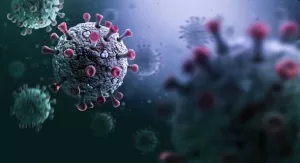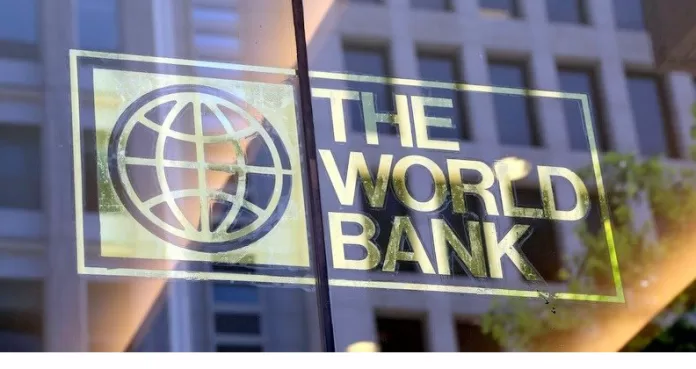The World Bank has announced a $500 million grant to support Nigeria’s recovery efforts from the impacts of the COVID-19 pandemic. This funding will be utilized through the Nigeria Community Action for Resilience and Economic Stimulus (NG-CARES) programme.
The NG-CARES programme was launched in 2021 to aid poor and vulnerable households and micro-small enterprises affected by the pandemic. The announcement was made by Dr. Lire Ersado, the World Bank Task Team Leader for NG-CARES, at the conclusion of a two-day Peer Learning and Experience Sharing meeting in Port Harcourt, Rivers State, on Tuesday.
The meeting was organised by the Federal Cares Support Unit, under the Federal Ministry of Budget and Economic Planning.
Mr. Ersado, represented by Prof. Foluso Okumadewa, an official with NG-CARES, stated that the grant would also assist Nigeria’s broader economic recovery initiatives.
He added, “The World Bank will continue to support NG-CARES for the next three years, and this support may extend further with backing from the government.” He reiterated the bank’s commitment to institutionalizing the programme to ensure its sustainability beyond external funding.
He said, “The NG-CARES programme aims to promote economic resilience and provide stimulus to communities impacted by the COVID-19 pandemic.”
The National Coordinator of NG-CARES, Dr. Abdulkareem Obaje, highlighted the programme’s successes in offering essential support to vulnerable populations.
He stated, “The shock response mechanism of the programme has been highly effective, with $625 million already disbursed to states, representing an impressive 88 percent. The reimbursement for work completed by various states is a remarkable achievement, considering the programme’s scope and timeline.”
Dr. Obaje further noted that an additional $50 million is expected to be disbursed before December 31, with the possibility of extending the programme. He pointed out that NG-CARES has overachieved its goals by 30 percent, with $345 million reimbursed to states, resulting in $834 million in verified outcomes.
He added, “The programme could reach one billion dollars by the end of the fourth Independent Verification Agent assessments, restructured to support victims of shocks in several states across the country.”
Abdulateef Shittu, the Director-General of the Nigerian Governors Forum, emphasized the NGF’s mandate to assist states in adopting best practices for developmental programmes like NG-CARES.
He highlighted the forum’s role in managing peer learning and experience-sharing, ensuring that all states benefit from the programme. “The forum commends the states for their active participation and collaboration in overcoming common challenges to achieve success,” Mr. Shittu stated.
According to Dr. Obaje, the programme’s shock response mechanism has been highly effective, with $625 million already disbursed to states, representing an impressive 88 percent disbursement rate.
“This translates to ₦625 billion in reimbursement for work done by the states, a remarkable achievement considering the programme’s scope and timeline,” Obaje stated.
Launched in 2021, NG-CARES aims to mitigate the impact of socio-economic shocks on vulnerable individuals, farmers, households, communities, and micro-small enterprises.

READ ALSO: New COVID-19 Variant XEC Rapidly Spreading Across Europe, US
With $50 million remaining, the programme is poised to make an even greater impact before its closing date of December 31, 2024, although an extension is likely.
Dr. Obaje also disclosed that the programme had conducted three rounds of Independent Verification Agent assessments, ensuring transparency and accountability.
He noted, “Notably, NG-CARES has overachieved by 30 percent, with $345 million reimbursed to states yielding $834 million in recognized results. This impressive track record has set the stage for even greater success, with the programme aiming to produce results worth $1 billion by the end of the fourth IVA.”
The Director-General of the Nigerian Governors Forum, Abdulateef Shittu, emphasized the forum’s role as a bridge between states and a catalyst for impactful governance.
He highlighted NGF’s mandate to support states in adopting best practices for development programs and stressed the importance of collaboration among states.
In his remarks, Shittu stated, “NG-CARES will continue for the next three years with World Bank support and potentially longer with government backing.” The NG-CARES programme, under the Federal Ministry of Budget and Economic Planning, supports community-driven initiatives to mitigate the pandemic’s impact.

